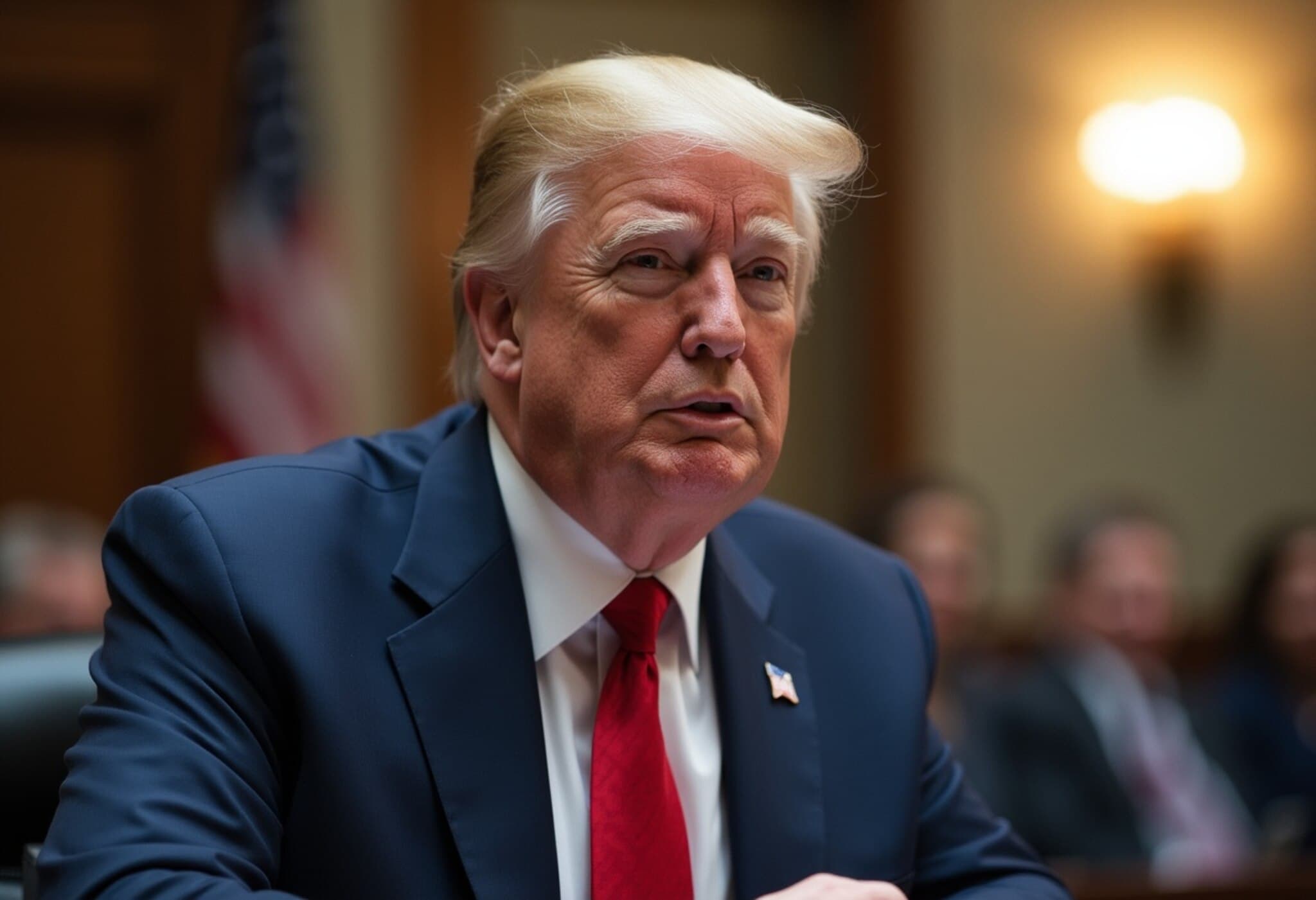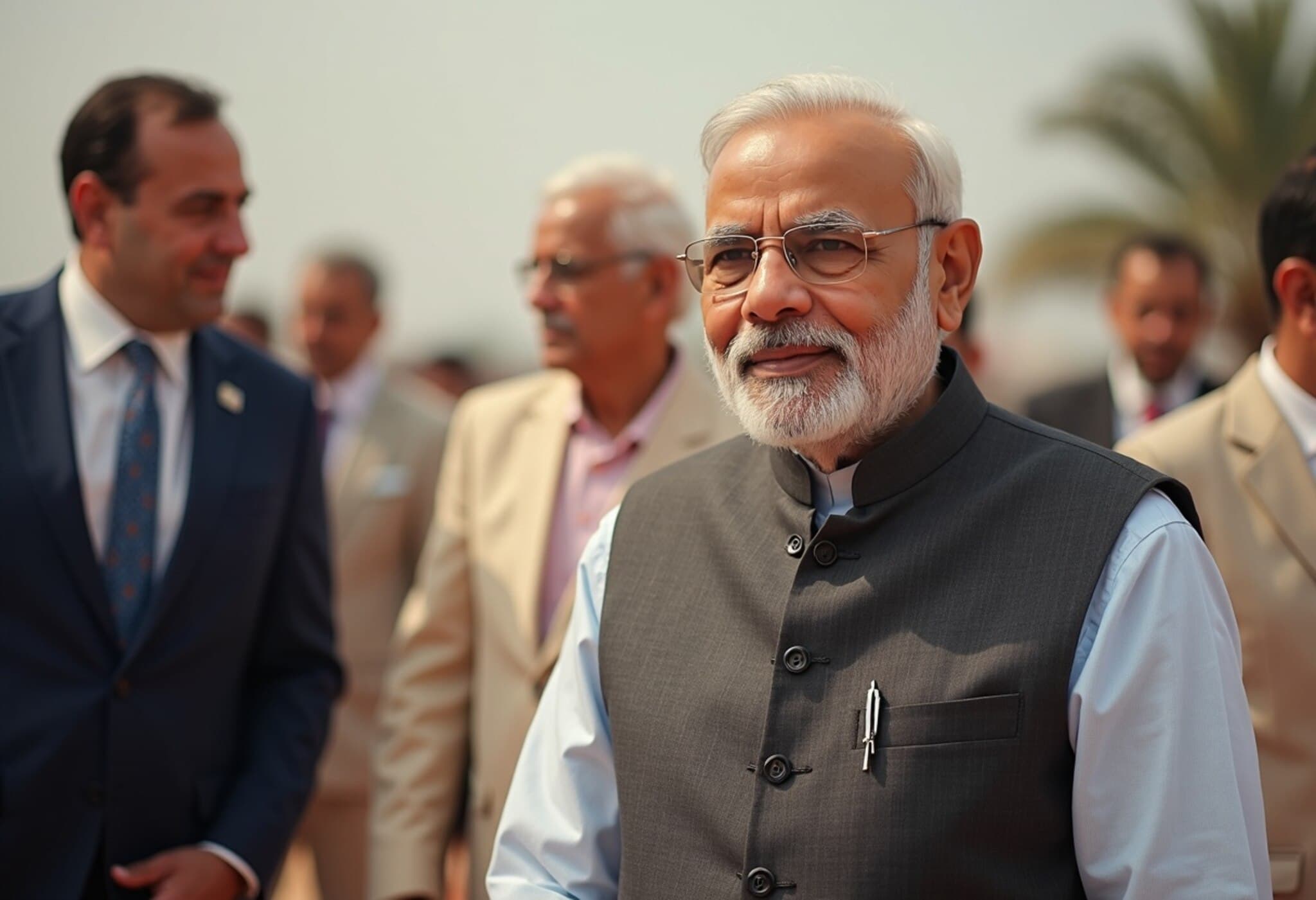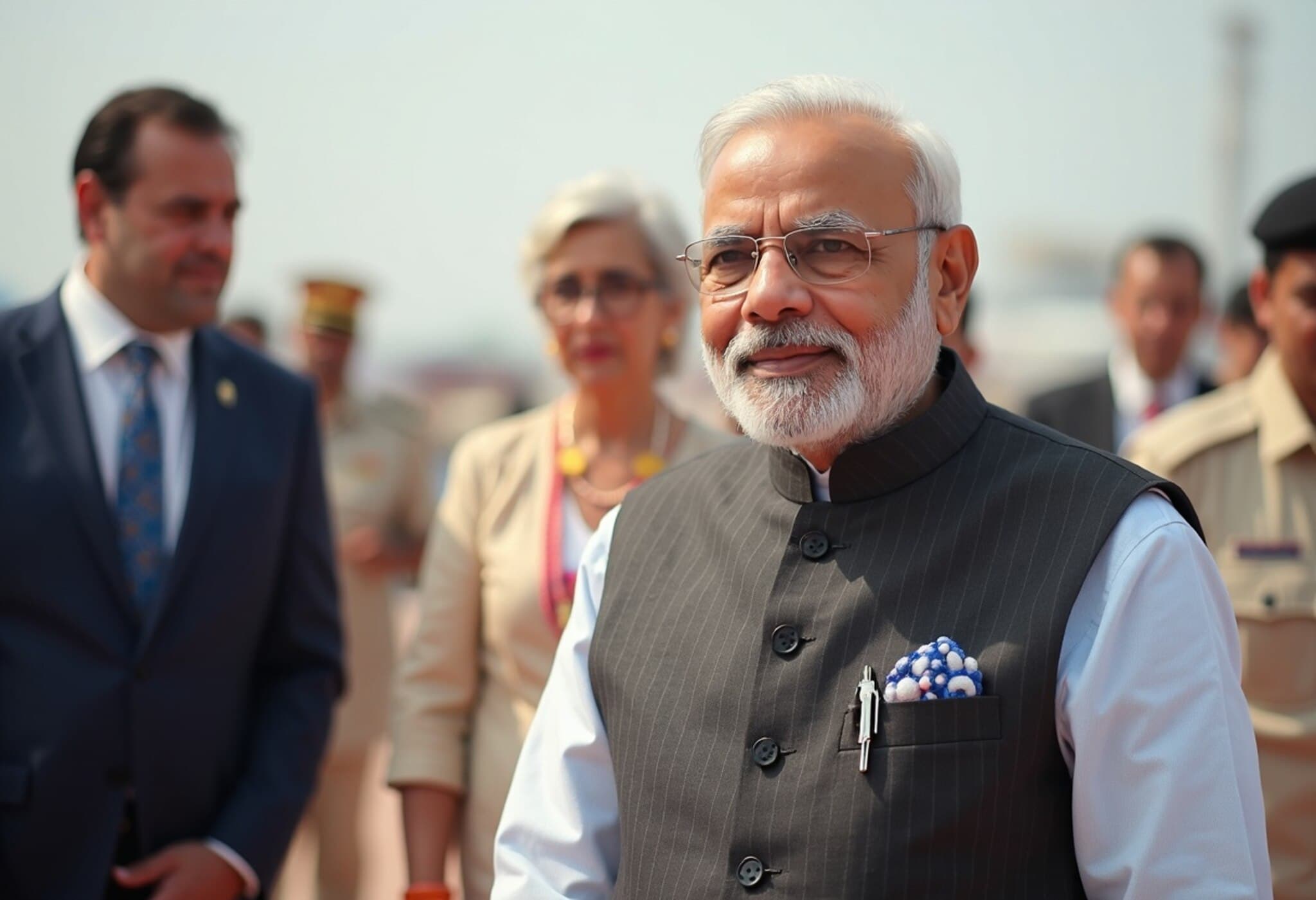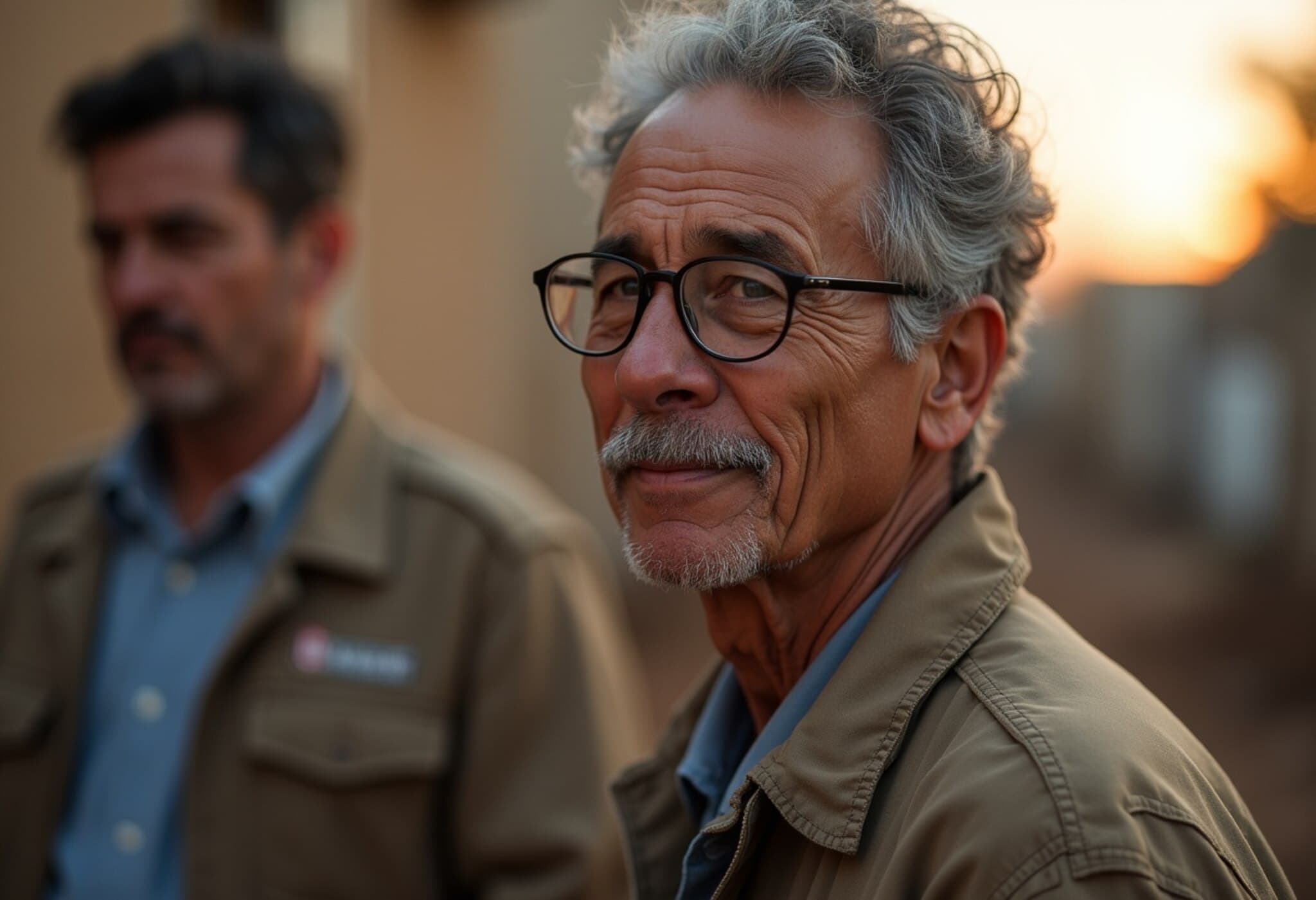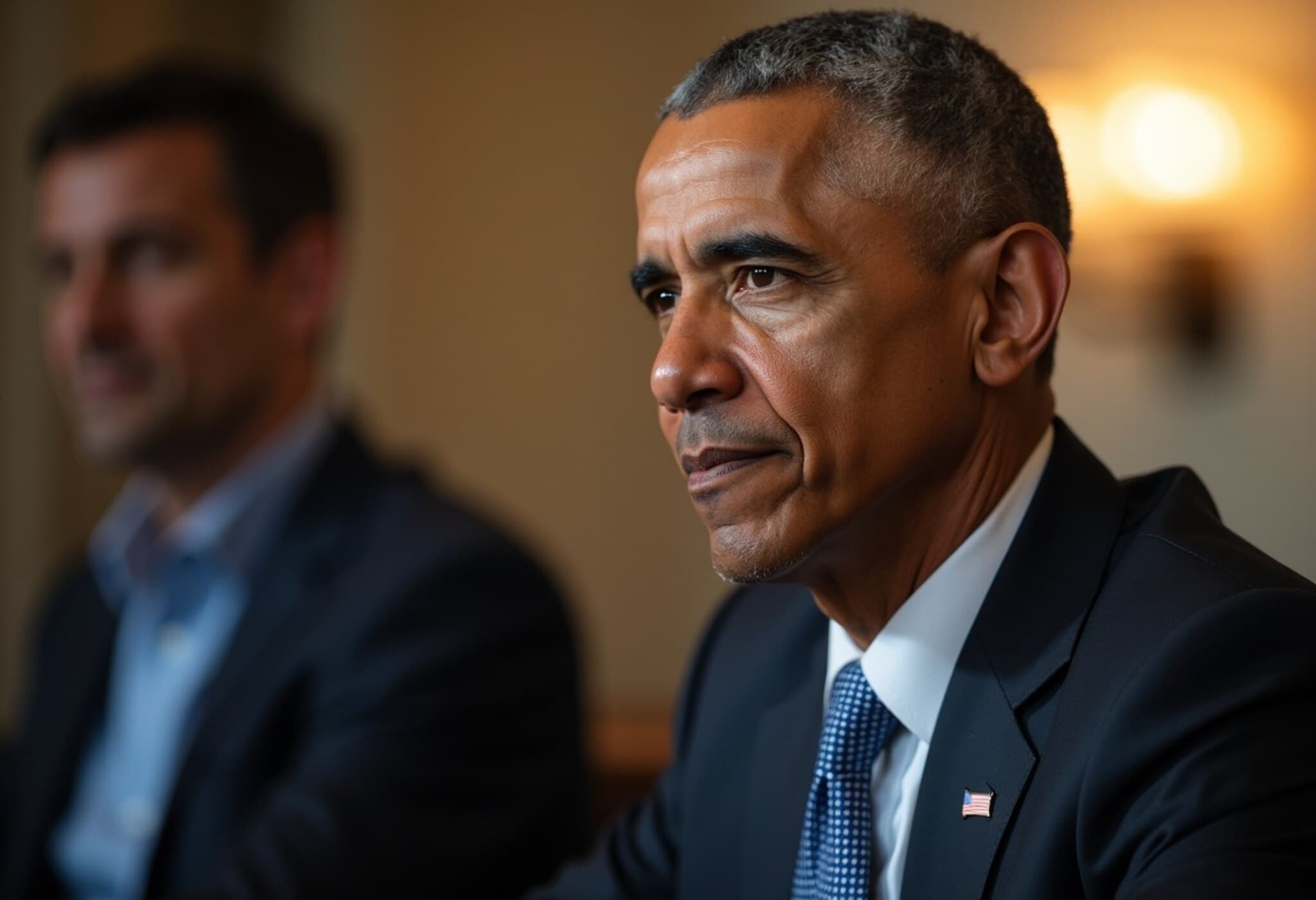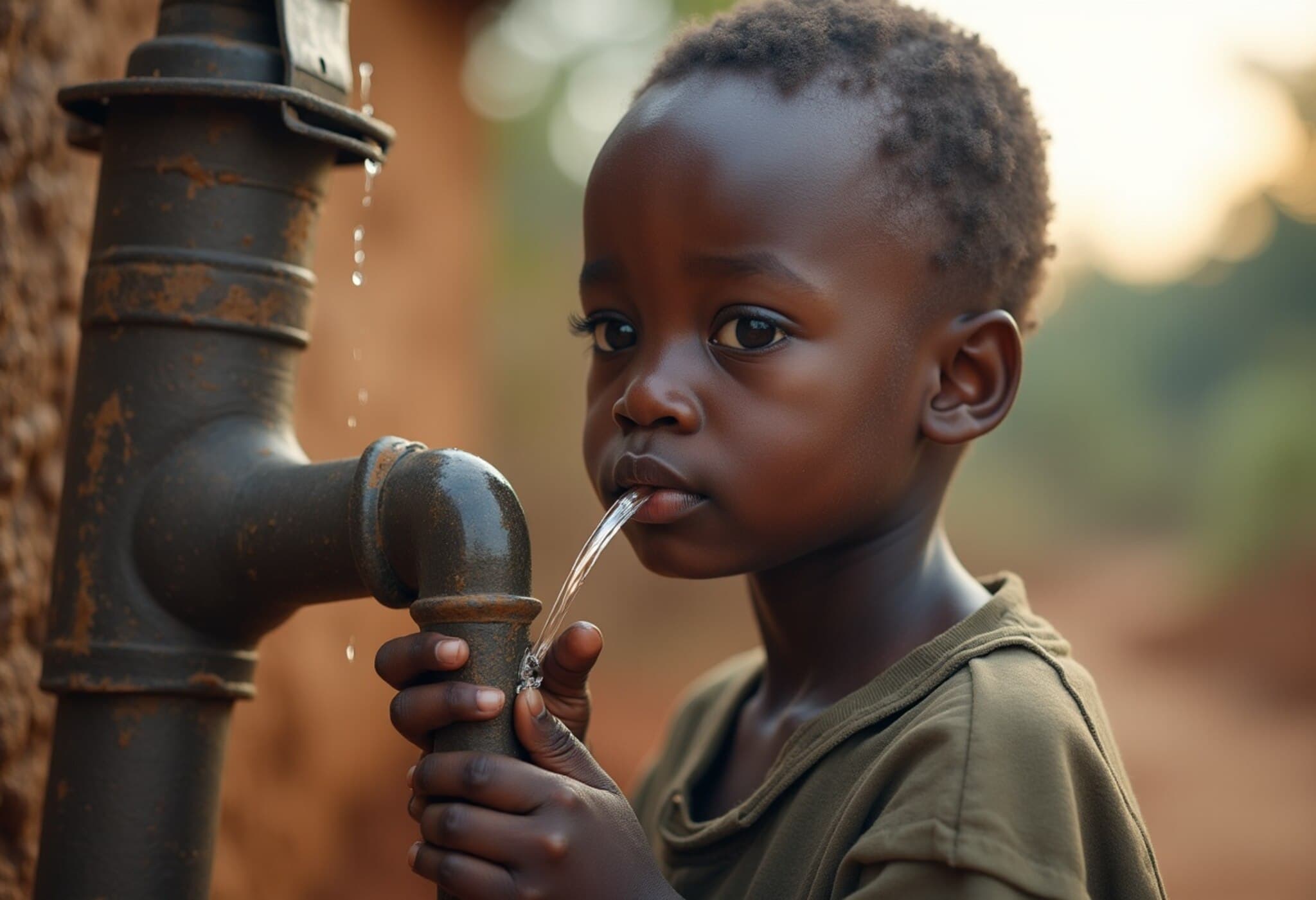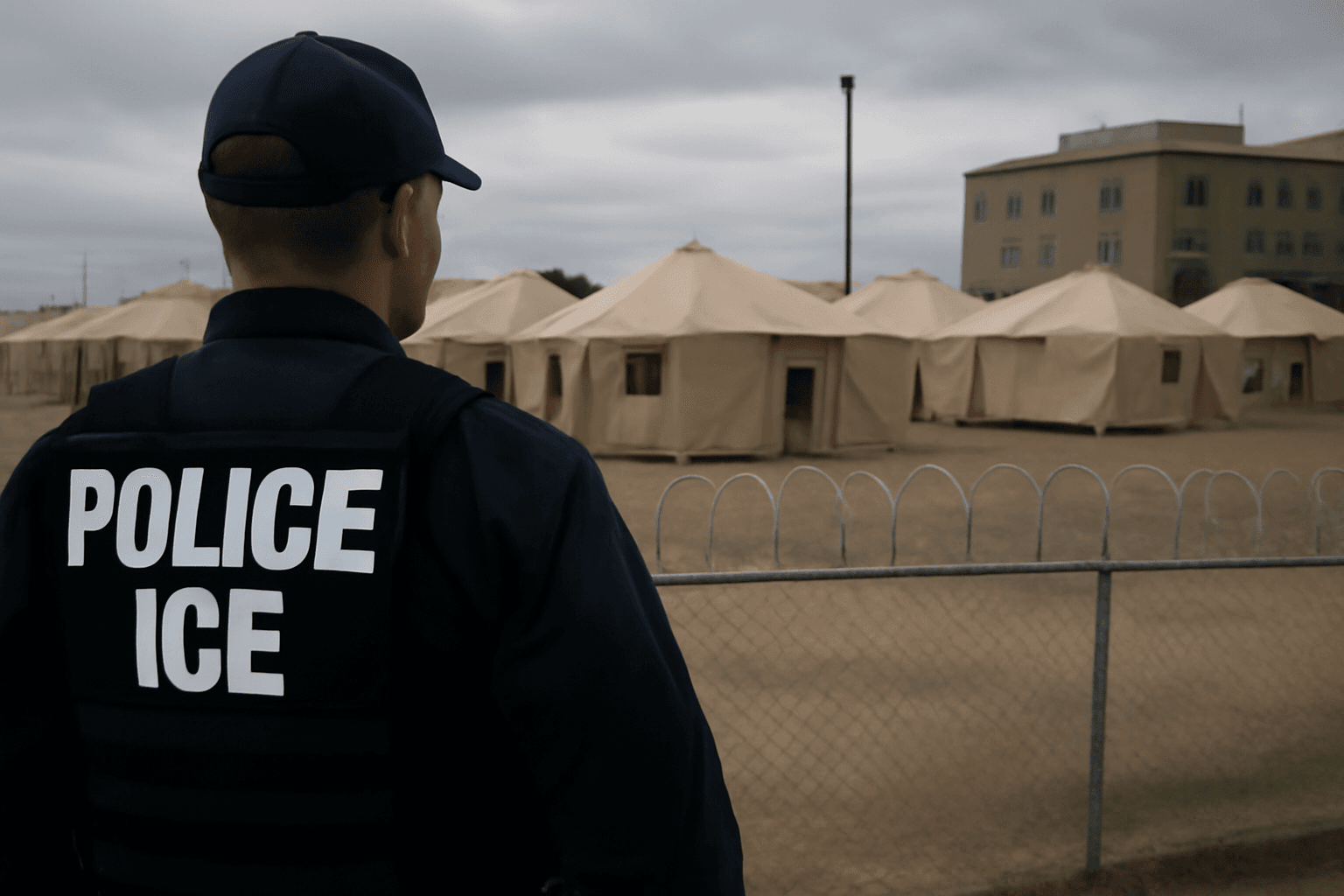US Congressman Gregory Meeks Disputes Trump’s Claim on $21 Million USAID Fund for India
In a recent turn of political discourse, Senior US Congressman Gregory Meeks, a prominent Democrat and ranking member of the House Foreign Affairs Committee, has categorically denied former President Donald Trump’s assertion that the United States provided $21 million through USAID to enhance voter turnout in India. Meeks bluntly stated that such a grant "never existed."
Background: Trump’s Controversial Voter Turnout Claim
Earlier in 2025, former President Trump stirred controversy by claiming that the US Agency for International Development (USAID) allocated $21 million specifically to boost voting participation in India’s elections. He suggested such funding was part of a political agenda, rhetorically asking, "What about us? I want voter turnout too." These statements quickly went viral, triggering questions about foreign interference and transparency.
Indian Government Responds with Concern Over Sovereignty
The allegations sparked an immediate reaction from India, a nation fiercely protective of its democratic processes. The Ministry of External Affairs (MEA) spokesperson Randhir Jaiswal voiced apprehension, stating, "This is deeply troubling... India takes its sovereignty and electoral integrity very seriously."
Foreign Minister S. Jaishankar echoed this sentiment, emphasizing India’s strict zero tolerance toward any form of external interference in its elections and underlining the need for clarity should such claims prove valid.
Fact-Checking and Contextual Analysis: Where Did the $21 Million Go?
Despite the uproar, no credible evidence emerged linking the $21 million USAID fund to any voter turnout efforts in India. US media investigations clarified that these funds were actually earmarked to support democratic processes in Bangladesh, which was also preparing for national elections. This subtle but critical distinction undermines claims of American meddling in Indian electoral affairs.
Experts on international foreign aid highlight that USAID routinely provides election support and democratic institution strengthening worldwide, including in developing democracies, which can be misinterpreted or politicized.
Why Does This Matter? The Stakes of Foreign Aid Narratives
This event underlines a broader challenge: narratives around foreign aid, especially related to democracy promotion, can easily become politicized both domestically and internationally. For America, allegations like these complicate diplomatic ties and fuel misinformation, while for India, they raise critical questions about sovereignty and the perception of election legitimacy.
From a legal standpoint, these claims underscore the importance of transparency in foreign funding and the potential for misinformation to influence public trust. Republican and Democratic divisions within the US can sometimes spill over into foreign policy perceptions, affecting bilateral relationships.
Unreported Dimensions: What’s Often Overlooked?
- The Role of USAID: Beyond electoral assistance, USAID funds projects ranging from health to economic development. Election assistance is standard and transparent when properly disclosed.
- Political Motivations Behind Allegations: Political figures may leverage such claims to deflect from domestic issues or influence foreign policy narratives.
- Media Responsibility: Rapidly amplifying claims without thorough verification risks damaging international relations and public understanding.
Looking Ahead: Ensuring Election Integrity in a Complex Global Environment
The incident highlights a pressing need for strengthened international cooperation to safeguard electoral sovereignty, promote transparent aid reporting, and combat the spread of misinformation. It calls for informed citizenry both in India and the US to critically assess such claims and for policymakers to prioritize clear communication.
Editor’s Note
This episode serves as a timely reminder of the delicate balance between international development aid and national sovereignty. While democracy promotion remains a key US foreign policy tool, the surrounding narratives must be grounded in factual clarity to maintain trust. Readers should consider how misinformation can distort political discourse and why cross-border cooperation is essential in preserving democratic values globally.

